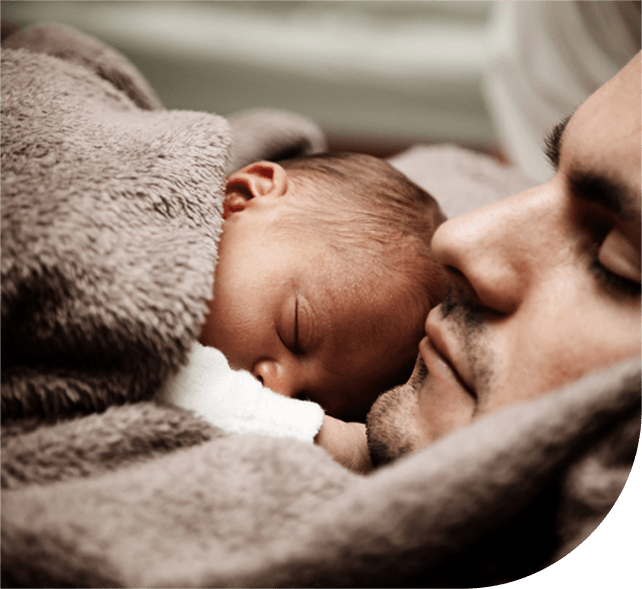Baby Eyes
Eye Exams

The best way to protect your baby’s eyes is through professional examinations. Certain infectious, congenital, or hereditary eye diseases may be present at birth or develop shortly thereafter. Yet, when diagnosed early, their impact may be greatly minimised.
So have your baby’s eyes examined, by an eyecare professionals, before six months of age (or sooner if recommended by your pediatrician) and regularly throughout his or her life.
How Can I Prepare For My Baby’s Eye Exam?
Chances are your optometrist will examine your baby’s eyes in one of your first few visits. They will review your baby’s health and family health history. Be sure to tell them about any eye health issues in your family, as many of these can be inherited.
How Will the Optometrist Test My Baby’s Eyesight?
The optometrist may use toys and lights to determine your baby’s ability to focus, recognise colours, and perceive depth or dimension. Here are some things you may see during the exam:
- Alignment – Using toys that make noises (or are otherwise intriguing) the optometrist will cover and quickly uncover each eye to test for a dominant eye
- Ability to fixate – Your optometrist will move an object in front of your baby’s eyes to see if the eyes can watch and follow the object.
- Coordination of eye muscles – The optometrist will move a light or some interesting toys in a set pattern to test your baby’s ability to see sharply and clearly at near and far distances.
- Pupil response to light – The optometrist will shine a small light (a penlight, for example) in your baby’s eye and watch the pupil’s reaction. The pupil normally would get smaller very quickly in response to light.
- Eyelid health and function – They will examine each eyelid to be sure it is functioning normally. This includes a check for drooping eyelid, inflammation, and any other indications that your baby’s eyes need greater attention.
If anything is out of the ordinary, you’ll be advised to make an appointment with an ophthalmologist who will perform a more comprehensive evaluation of your baby’s eyes.

